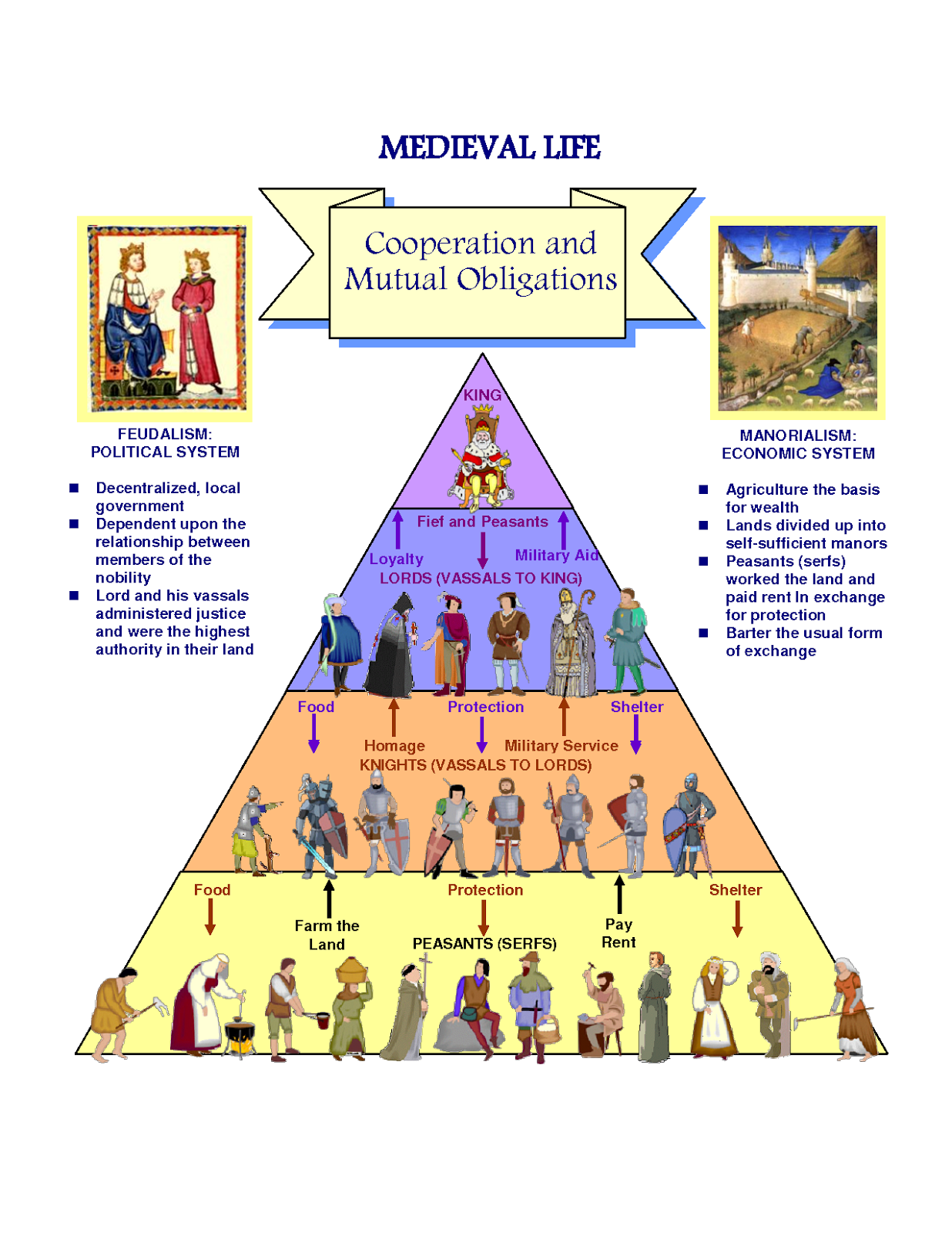
When capturing existing passwords saved in websites, simply log in as you normally would.
#Feudalism chart password
Aside from your browser’s password managers, you can also import from other Keeper Security alternatives like Dashlane, LastPass, RoboForm, and True Key. Keeper Security will initially offer to import passwords stored in your browser. Let’s see what are the key features of Keeper Security: Password Importing When logged in to Keeper Security, the app instantly summons your chosen password for the website you’re logging into. Think about it as a master key for all your different keys – one password to rule them all. Using a password manager, you can create different passwords for each online account while memorizing only one. Here’s where password managers like Keeper Security come in: Keeper Security lets you create strong passwords for various online accounts and will remember them for you! We’ll discuss this feature further in our Keeper Security app review. Add the fact you’ll want to make a different password for every account, and it’s just a feat incomprehensible for human memory. Very strong passwords make them impossible for any hacker to crack, but at the same time, also impossible for the owner to remember. These are only the minimum, however! Extremely strong passwords should go beyond eight characters with a completely random arrangement. To make a strong password, there should be at least eight characters mixed with upper and lower cases, a number, and special characters. Most online accounts require a strong password. What Is Keeper Security, and How Does It Work? By the end of this article, you should have a good overview of Keeper Security’s features, pros, cons, and alternatives you should be able to decide whether to use Keeper Security as your password manager or look elsewhere. We’ve scoured through several Keeper Security reviews online to give you a consolidated run-down of the product. This article will focus on Keeper Security and how this password manager can keep your login credentials protected. With many prying eyes and malicious intent lurking around, it’s important to keep our online accounts safe.
#Feudalism chart free
On the other hand, the un free peasants did not pay any money for utilizing the land given by the King and in turn, solely worked for the King.From online banking to social networking, we’ve given a lot of personal information to various institutions in exchange for their services. They generally worked as carpenters, weavers, bakers and blacksmiths etc. The free peasants worked on their independent businesses and paid a certain amount of rent to the Lord for utilizing their provided piece of land. They were basically divided into two types such as the free peasants and the unfree peasants. The Peasants or Serfs were at the bottom of the Feudalism social hierarchy. In turn, they expected protection for their families and the King from the part of the Knights. The Barons provided a part of their fiefs to the Knights on lease, in the same way as the King had leased them.

In case of death of a Baron, his Manor was passed on to the next generation by heredity. The Barons also had to pay taxes, on demand by the King. They had to provide troops for the King in times of need. The Lords generally ruled over a specific Manor.In return of the Manor, the Barons had to pay homage to the King.

They used to be the wealthy owners of the land and they used to provide the lands on lease to the Vassals and Peasants. The lands were passed on through heredity.The parts of the land being taken by the nobles on the lease were called as fiefs. The KingĪs per the Feudalism social hierarchy, the king owned all the land and allowed the trusted nobles to govern a part of the land in return of other services. The King had to answer to the Pope in those cases.The Pope had the sole authority to unseat a King and to put another King in his place. The Pope had the right to interfere, in case any type of unfair decisions or unfair actions were undertaken by the King. The kings were the owner of all the lands but the highest position that was prevalent in the society, even above the king was that of the Pope. In the feudal society, it was believed that the land belonged to the God.


 0 kommentar(er)
0 kommentar(er)
